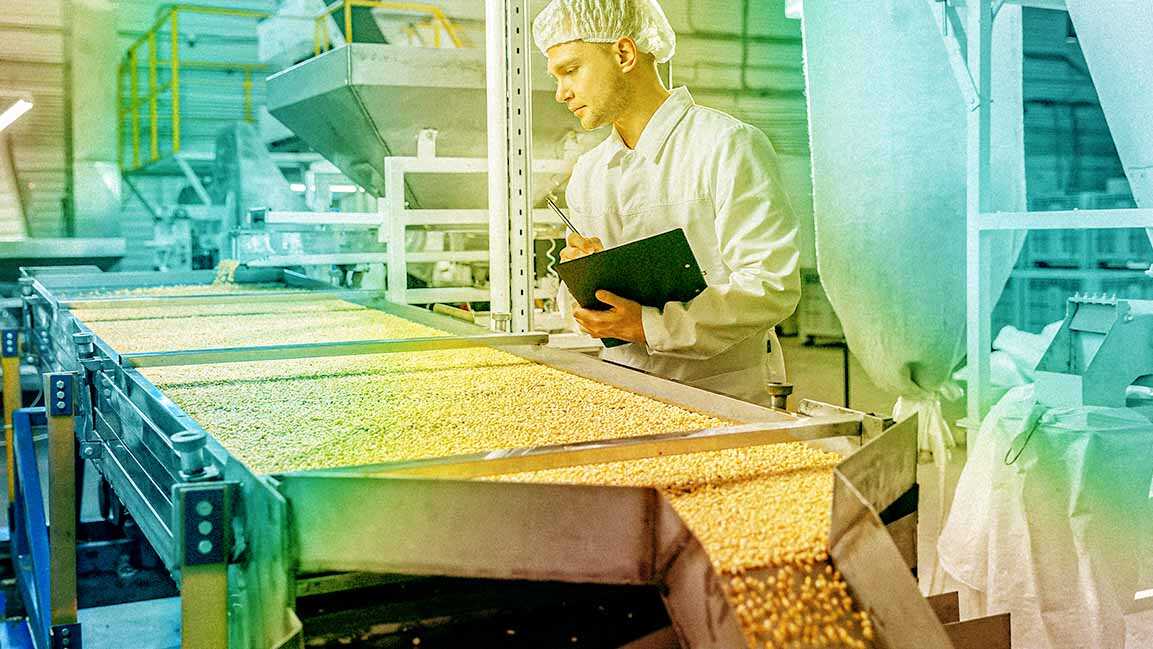- | 12:00 pm
Saudi Arabia eyes $5.3 billion investment for Jeddah Food Cluster
Spanning 11 million square meters, the cluster has earned the Guinness World Records title as the largest food park globally by area.

Saudi Arabia has made a significant move towards boosting its food security and economic diversification with the launch of the Jeddah Food Cluster.
The project aims to transform Jeddah into a global food and business hub, with an ambitious investment target of $5.3 billion.
Spanning 11 million square meters, the cluster has earned the Guinness World Records title as the largest food park globally by area. This development is expected to generate over 43,000 jobs, making a substantial contribution to both regional and national economic growth.
The initiative aligns closely with Saudi Vision 2030, which emphasizes food security, self-sufficiency, and the development of strong food value chains. The project also seeks to establish Saudi Arabia as a regional hub for food-related investments, attracting both domestic and international stakeholders.
Located in Jeddah’s Second and Third Industrial Cities, the cluster covers over 50 million square meters and is part of a larger industrial network in the Makkah region.
This network includes industrial zones in Makkah and Taif, home to over 2,000 facilities specializing in food production, pharmaceuticals, metals, and chemicals.
The cluster also features 76 ready-to-use factories that adhere to Saudi Food and Drug Authority standards, a central laboratory to ensure food safety and quality, and shared cold and dry storage facilities covering over 134,000 square meters.
By consolidating suppliers in one location, the cluster seeks to streamline the supply chain, improve efficiency, and promote sustainability.
The project’s economic impact is projected to be substantial. National exports are expected to rise by $2.1 billion, while the cluster could contribute an estimated $1.86 billion to Saudi Arabia’s GDP over the next decade.
These objectives align with Saudi Arabia’s National Industrial Strategy and the National Industrial Development and Logistics Program, which focus on economic diversification and sustainable growth.































